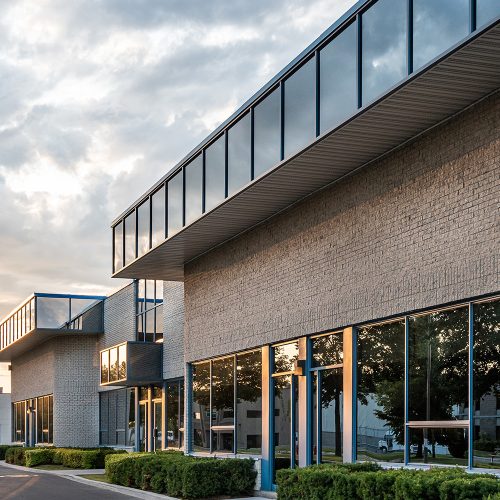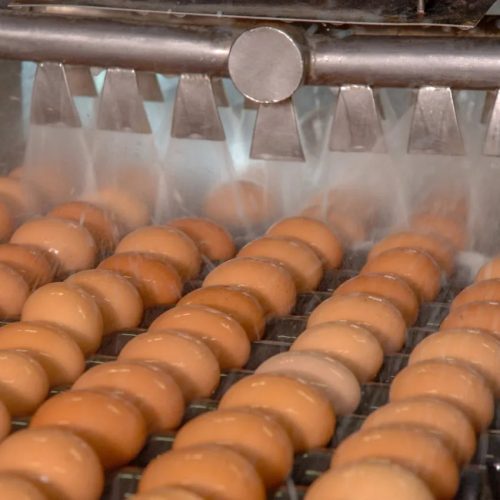Healthcare
The U.S. Department of Energy estimates that American healthcare is responsible for contributing over 655 million metric tons of carbon emissions annually. On average, 30% of a healthcare building’s energy is wasted. DCT heat pumps can help reduce energy consumption and energy waste while maximizing cost savings.
Commercial Buildings
The U.S. Department of Energy estimates that U.S. commercial buildings account for 826 million metric tons of CO2 emissions annually. To combat high emissions and high energy consumption, DCT industrial heat pumps reduce carbon and improve energy efficiency while recovering lost energy.
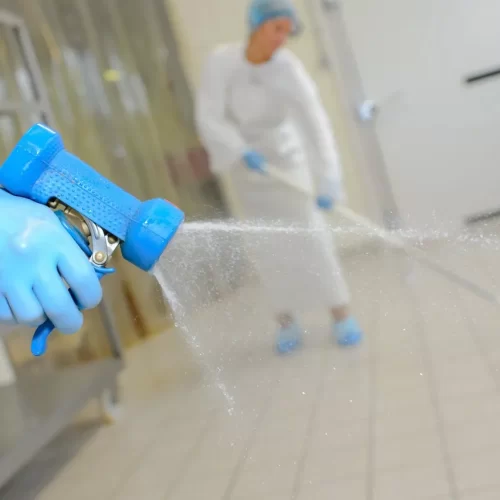
Hot Water Production
Multiple industries need warm water to operate, often with temperatures ranging from 104-230ºC. Hot water demand in this temperature range is ideal for washing, sanitation, and cleaning purposes, and DCT heat pumps can provide it.

Data Centers & District Heating
Excess heat from data centers can be used for district heat networks. Homes in urban areas can be warmed with the clean heat produced by data centers and the data centers can cut their energy costs by selling excess heat to the local district heat network.
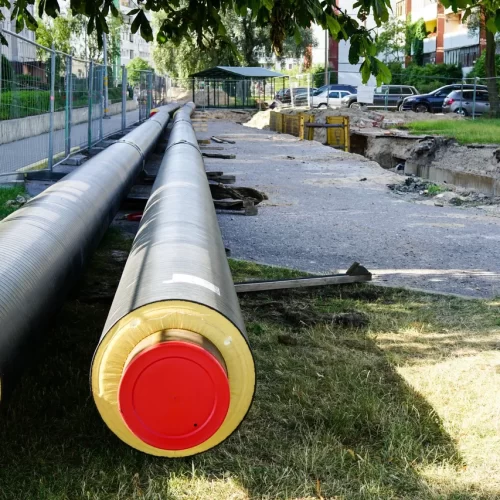
District Heating & Cooling
DCT heat pumps are superior in efficiency to condensing boilers and Combined Heat and Power Systems [CHP] systems, even when the heat pumps are powered by electricity from a power station burning natural gas.
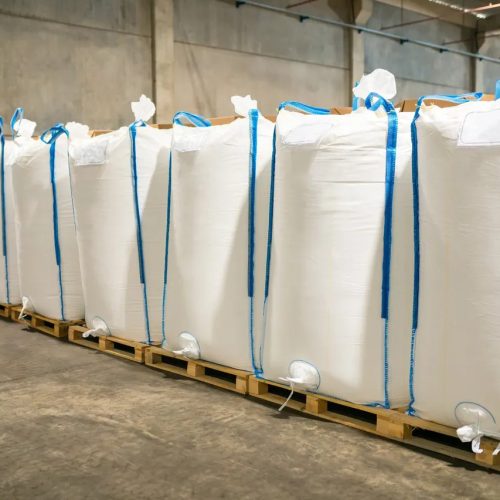
Industrial Processing
The processing industry widely uses vapor compression technology for refrigeration. However, commercial heat pump systems represent similar technology and can harvest waste energy while reducing over 75% of energy consumption and greenhouse gas emissions.
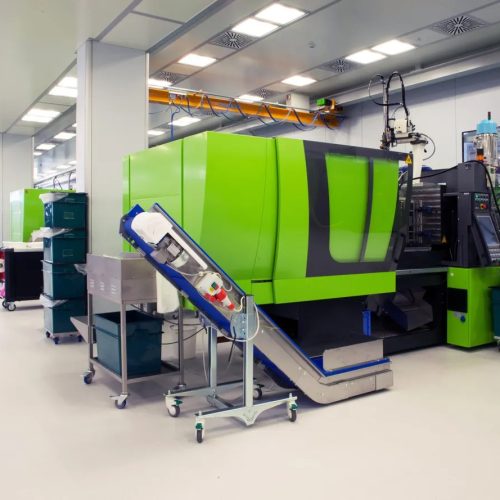
Plastic Packing Recycling
Over two-thirds of the plastic in our oceans ends up on the sea floor, creating a wasteland below the surface. Bottles, bags, and other plastics gradually break into smaller pieces known as microplastics, further damaging ecosystems. Proper recycling methods slow this process.
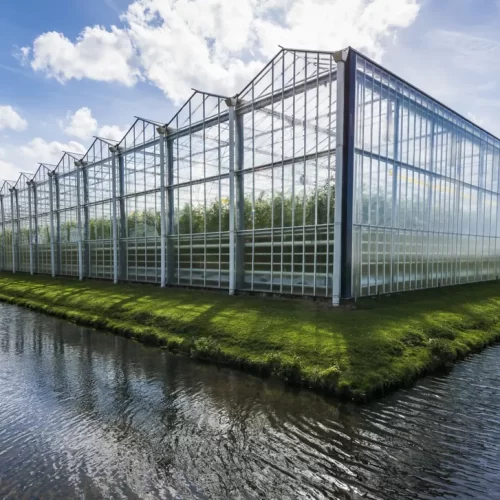
Greenhouses
High-value crop cultivation is very energy intensive: energy consumption per square foot for indoor grow operations (greenhouses, etc.) is about ten times that of a typical office building. Industrial heat pump systems offering less energy consumption and energy recycling can help.
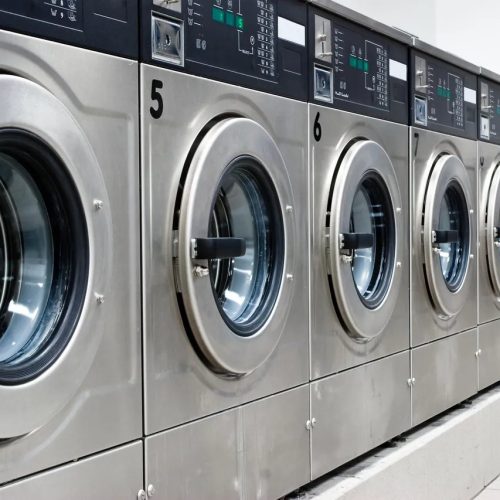
Laundry & Dry Cleaning
A key performance indicator in laundry and dry cleaning is kilowatt-hours of energy consumed per kilogram of textiles laundered (kWh/kg). Using DCT heat pumps to heat water and recover heat from the drying process could result in energy savings from 2.0-3.1kWh/kg to less than 1.0 kWh/kg.
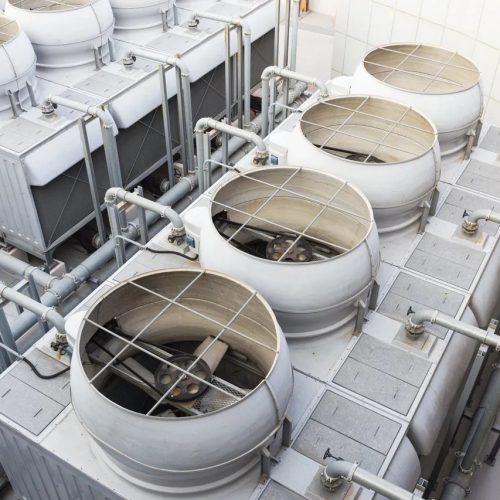
Energy Harvesting
DCT’s commercial heat pump technology has the potential to disrupt the existing heat recovery and the 2.88 billion global cooling tower market through its ability to harvest 75% of currently wasted energy from industrial cooling towers.



